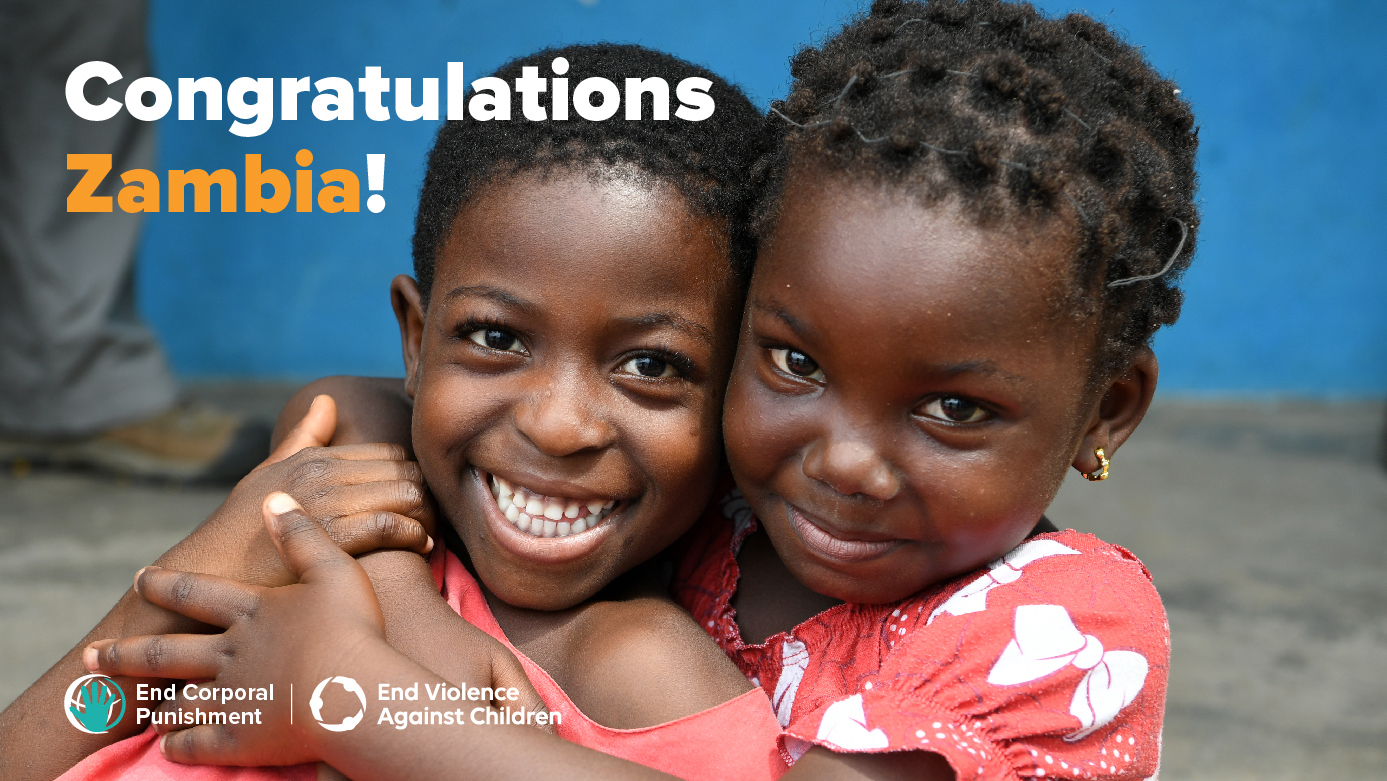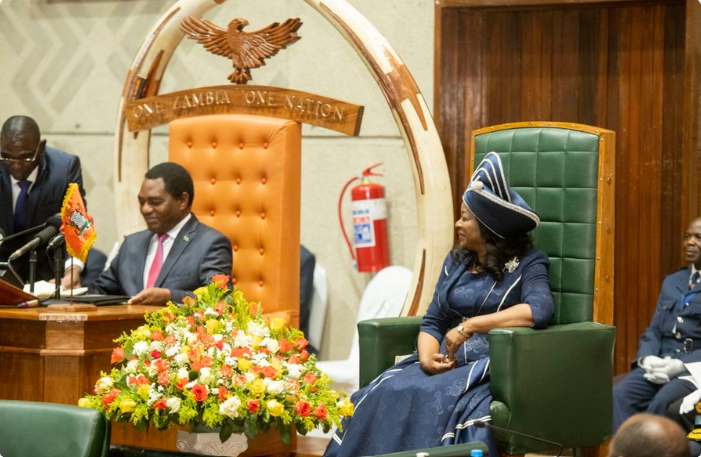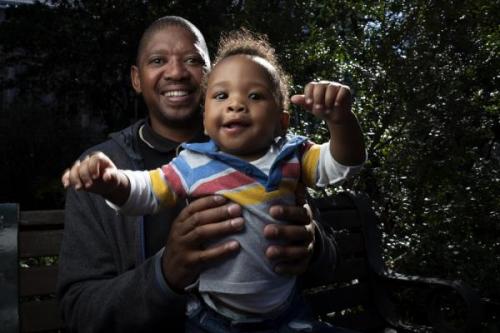
With this act, Zambia has achieved full prohibition of corporal punishment of children in all settings, defining the practice as “the prohibited punishment in which physical force is used on a child.” The Code also states “a person shall not subject a child to torture, cruel treatment or punishment, unlawful arrest or deprivation of liberty,” and repeals child rights legislations that allowed the practice to persist.
Zambia has become the 64th state worldwide, and the eleventh state in Africa to realise children’s right to protection from all corporal punishment. The Government indicated its commitment to prohibiting corporal punishment of children by accepting recommendations to do so made during the Universal Periodic Review in 2012. The law reform process was spearheaded by the then Ministry of Youth, Sport and Child Development and the Ministry of Community Development and Social Services.
Corporal punishment is the most common form of violence against children. It occurs across settings, from schools to homes, and decades of research has proven its many adverse effects on the well-being and development of children. With a child population of 9 million, prohibition in Zambia brings the total number of children worldwide protected by law from corporal punishment to approximately 322 million, or 14% of the global child population. However, a large number of children around the world are still waiting for the realisation of their basic human right to protection from violent punishment.
“We welcome this significant advance for children, and look forward to the development of an implementation plan which would enable the Zambian Government to eliminate all forms of violence against children wherever they may be, and in whatever context they occur,” said Bess Herbert, Senior Advocacy Specialist and Sonia Vohito, Legal Specialist of End Violence’s End Corporal Punishment initiative. “We call on all remaining governments to enact prohibition as a matter of priority.”
Reformative change for children
As well as prohibiting all corporal punishment of children, the Code achieved many other crucial reforms to end violence against children and protect their rights.
The Code has explicitly prohibited child marriage and female genital mutilation. It also calls to ensure children’s right to protection from sexual harassment. These forms of violence and abuse, prevalent across so many countries, come at a great cost to the liberty, safety and development of children, especially girls. The explicit legal prohibition is a key step to protecting children.
The Code has also established a standard definition for a child as a person aged 18 years or below, and placed an obligation on all institutions to establish and implement child safeguarding and protection procedures. This Act codifies various children’s rights including the right to social protection and social services, the right to health care, parental care, education, survival and development; the right to education.
 H.E. Hakainde Hichilema, President of Zambia, signs the Children’s Code Act
H.E. Hakainde Hichilema, President of Zambia, signs the Children’s Code Act
To plan for effective implementation, the Department of Child Development of the Ministry of Community Development and Social Services will be hosting a series of consultative meetings with all relevant stakeholders. A rollout plan will be adopted subsequently.
Zambia, as a Pathfinding country with the End Violence Partnership, has made a formal public commitment to end all forms of violence against children. The enactment of the new code bolsters the country’s strong national efforts to protect the rights and safety of its children.
Read more on the Children’s Code Act and Zambia’s recent Action to #ENDviolence here, and learn more about ending corporal punishment here.

